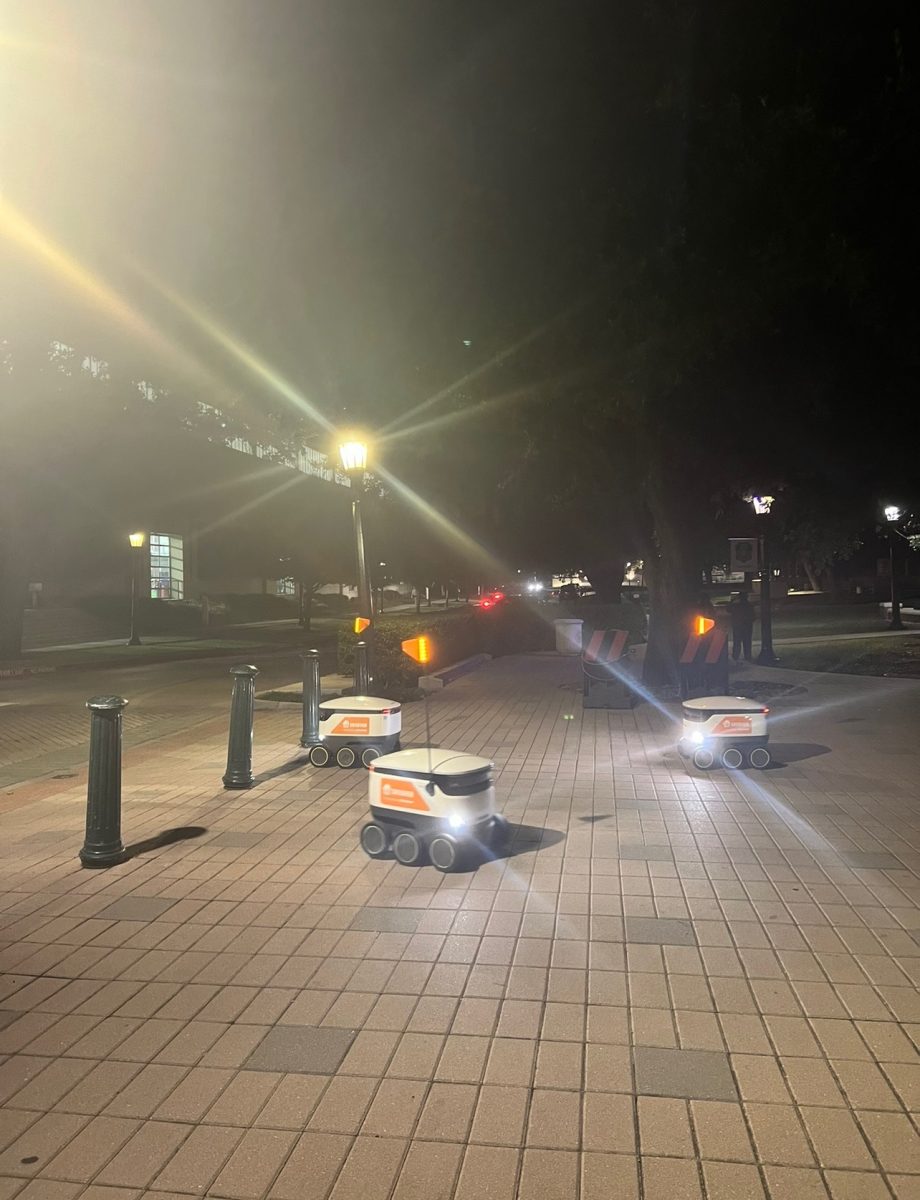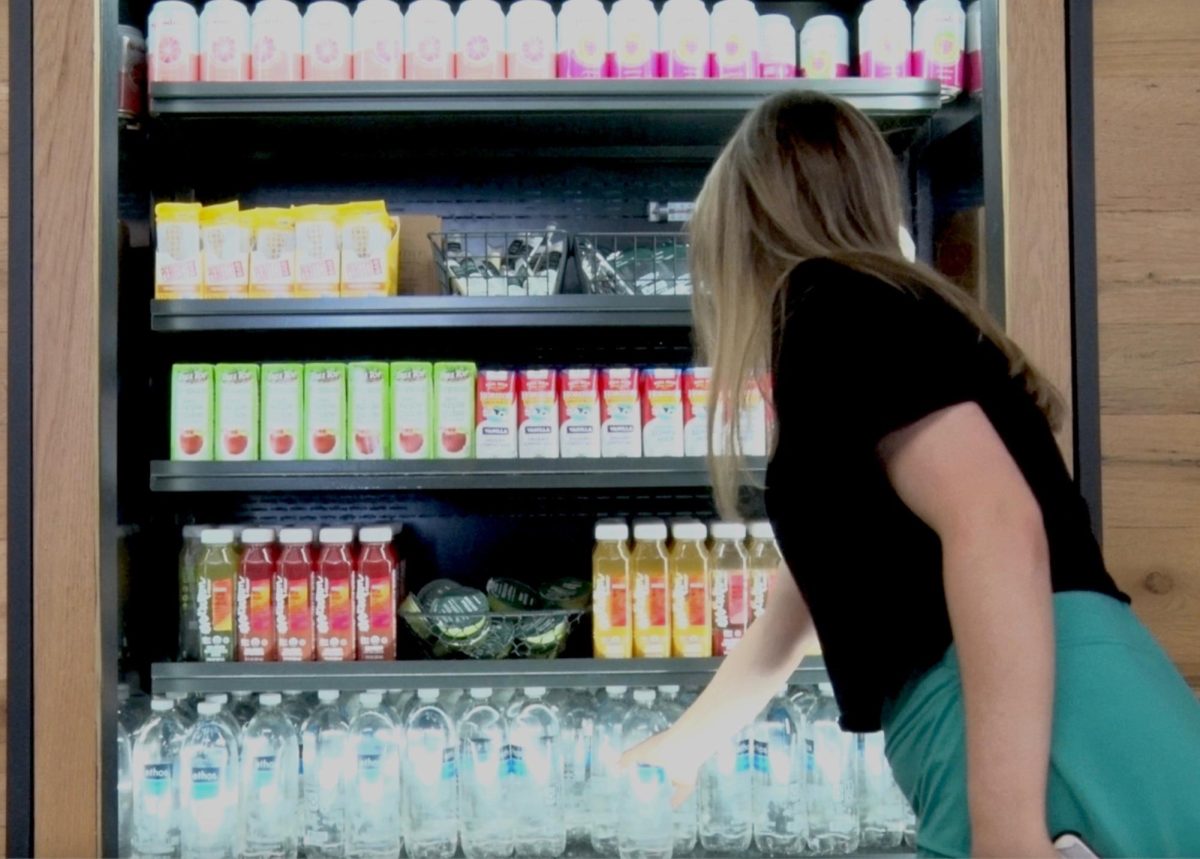Fall semester move-in is quickly approaching as colleges all over the country try to finalize plans for how they will respond to the coronavirus during the semester. Universities such as Harvard and the University of Southern California have opted for an online semester, however schools like SMU are approaching the fall with the intention of holding in-person classes through the implementation of testing and isolation measures.
While SMU is not requiring widespread testing for those returning to campus, which is something other schools like Baylor and the University of Alabama have implemented, students who are experiencing symptoms will have access to testing on campus at the Health Center.
“In consulting with our experts, we will not be doing widespread testing. We are focusing on testing symptomatic cases. It provides a false sense of security since people may get tested one day and believe they can relax mask wearing and social distancing,” according to Chris Regis, the Vice President of Business and Finance at SMU.
Regis said that as long as the SMU community is diligent with mask wearing and social distancing, there should not be a huge outbreak on campus. For those who do experience symptoms, testing is available at the Dr. Bob Smith Heath Center.
“Students would have to call the Dr. Bob Smith Health Center who would guide them as to whether or not they need testing,” said Griffin Sharp, the Assistant Director of Health Promotion at SMU. “They would not go to the main Health Center, but would go to the side to our testing clinic.”
SMU is focusing on testing symptomatic cases, according to Sharp, and hoping asymptomatic cases will be curbed through the practices of social distancing, daily self screenings, frequent cleaning, and the use of face masks.
“If [students] are asymptomatic and they are doing their self-screening, they would not exactly be prompted to go get a test, so we could have asymptomatic people in our population who could infect others,” said Sharp.

For students who live on campus that do test positive for COVID-19, SMU is providing isolation housing. There are 127 spaces, in which COVID-19 positive individuals will remain in contact with a medical provider, receive meals, and receive calls from the SMU contact tracing team in regards to who they are in contact with.
“Right now, we are anticipating the housing we have secured will meet the needs in the fall,” according to Sharp.


In an attempt to prevent reaching full isolation housing capacity, the administration has established eligibility parameters based on the level of occupancy. According to an email sent to students by Dr. KC Mmeje, the Vice President of Student Affairs:
“Once 50% of isolation spaces are occupied, any student with a permanent address within 120 miles of campus may be required to isolate at their permanent address. Once 70% of isolation spaces are occupied, any student with a permanent address within 300 miles of campus may be required to isolate at their permanent address.”
This policy has prompted questions concerning students who may be too sick to go home, or students who pose a risk to spreading the virus as they travel to their permanent residence.
“If an individual is interacting with others we certainly would not want that but it is very situational and we are going to have to work through that as those cases arise,” said Leign Ann Moffat, the Director of Emergency Management at SMU, concerning the capacity issue with isolation housing.
“Are we spreading COVID-19 if we are sending students home? I would not say so. The mile radius is driveable privately and would not have a student need to fly in a plane or public transportation,” said Regis.
SMU is dedicating a lot of time and effort to establish a plan that has been slowly coming together as the semester approaches. However, officials say many decisions are flexible, and depend on how personal and local conditions change.
“There is nothing about our response to this pandemic that is set in stone… as far as operationally,” Moffatt said, “Operationally, we are constantly reassessing and assessing to determine if we can bring on additional capacity and expand our operational capacity in any way.”
For more COVID-19 coverage, see the Daily Campus’ COVID-19 Updates.



















